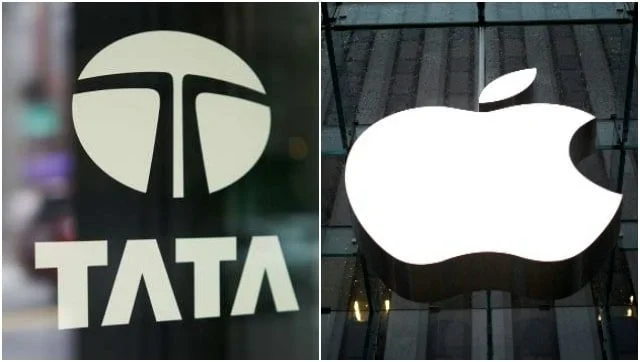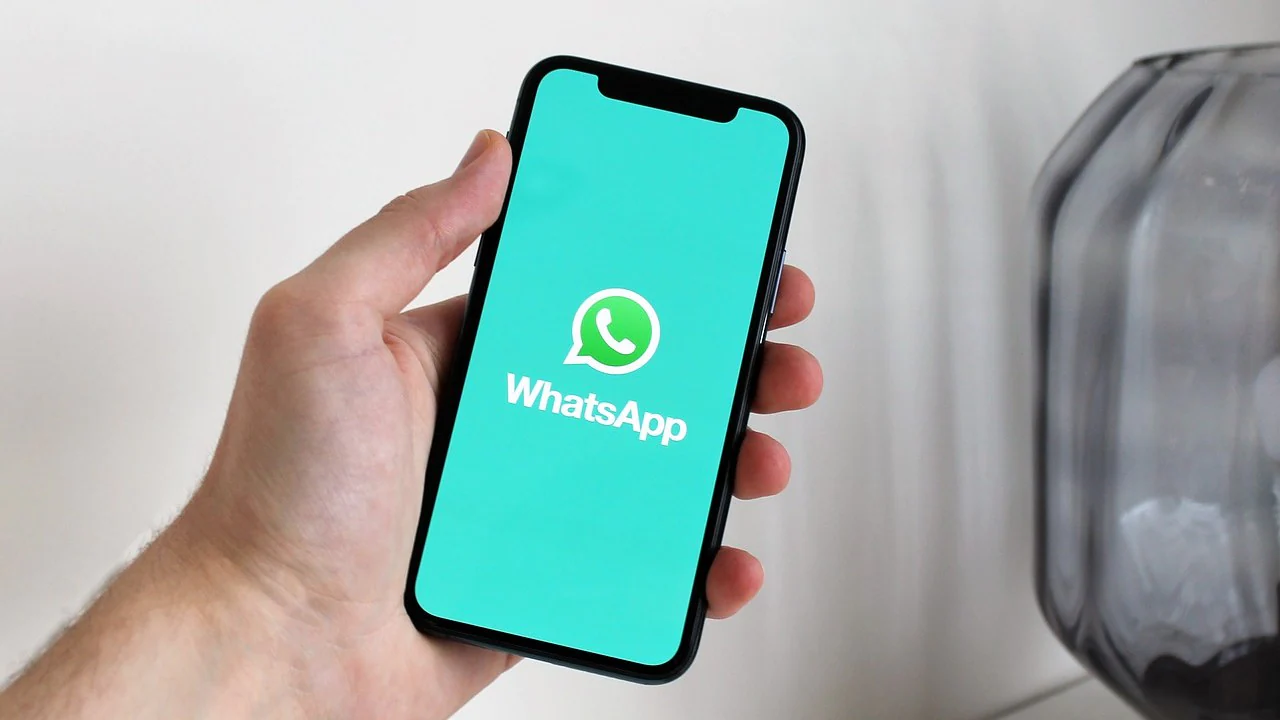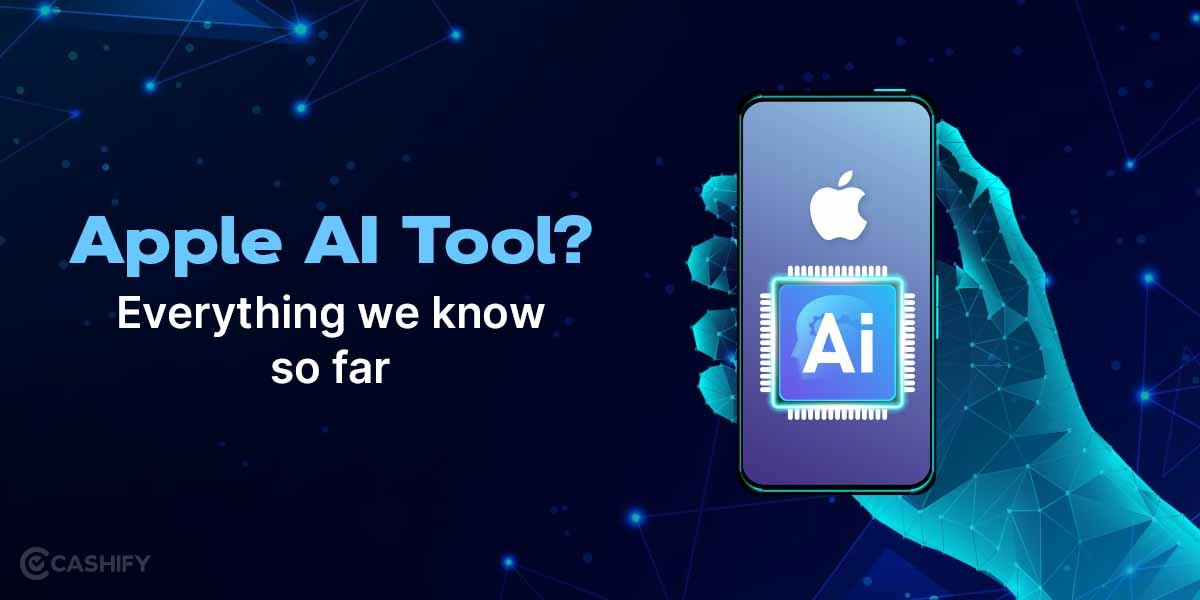For the past few weeks, Google seems in a precarious position, given the power dynamics at play with DEI and “wokeness.”. The company faced some severe backlash for creating an AI model that has been perceived as too woke, sometimes to the point where it is racially biased against 75 percent of the population in the US. Now, the tech giant is facing a lawsuit for allegedly discriminating against a woman of color, as per a report by The Wired.
![]()
In a recent revelation, Jalon Hall, a deaf African-American employee at Google, has come forward with accusations of discrimination within the tech giant. Hall’s journey at Google began with skepticism when she was initially approached for a job moderating YouTube videos in 2020, but the offer was genuine. However, despite assurances of accommodating her hearing impairment and supporting her, Hall’s experience has been marred by challenges and discrimination.
Tech companies tend to go all out in trying to portray themselves as diverse and inclusive. They will have DEI initiatives, along with tons of workshops and boot camps, to be more inclusive and sensitive to the needs of others. This takes on a different proportion in the US because of long-prevailing racial tensions. On the ground, whether or not these companies are inclusive is a separate story altogether.
Hall, who now works on responsible AI use at Google, has accused the company of racism and audism. She highlighted the denial of access to a sign language interpreter and delays in upgrading essential tools, even though she was repeatedly promised that. Google made these promises when she was hired and numerous times when she raised the issue with Google’s HR.
Despite Google’s outward portrayal of inclusivity, Hall’s claims suggest a different reality behind the scenes. Following multiple HR complaints that brought little change, Hall filed a lawsuit against Google in December, alleging discrimination based on race and disability.
While Google has responded by arguing procedural grounds for dismissing the case, they have not denied Hall’s allegations, the report claims.
Hall’s experiences shed light on broader issues within Google’s internal culture. Google seems to have a history where African-American employees who are disabled remain in the minority, facing systemic bias and exclusion. Several former employees have also come forward with allegations of being sidelined due to an internal culture that disrespects diversity.
Despite being encouraged by Google’s commitment to inclusivity, Hall’s journey has been fraught with challenges. From facing restrictions on interpreter access to being excluded from projects and meetings, Hall’s struggle highlights the gaps in Google’s efforts toward diversity and accommodation.
Google’s response to Hall’s allegations has been vague. Spokesperson Emily Hawkins emphasizes the company’s commitment to inclusivity without directly addressing the specific accusations.
The situation underscores the importance of accommodating diverse experiences within the workplace, not just for ethical reasons but also for business success. With the prevalence of disabling hearing loss expected to rise in the coming years, companies like Google are responsible for leading by example in creating accessible workplaces.
Advocates for disabled workers express hope for change but note the challenges ahead, citing a lack of commitment to accessibility within Google’s internal culture.
Hall’s story serves as a wake-up call for Google and other tech companies to prioritize inclusivity and accommodation for employees with diverse backgrounds and abilities. As the tech industry continues to evolve, it’s essential to ensure that no one is left behind due to discrimination or a lack of support.










